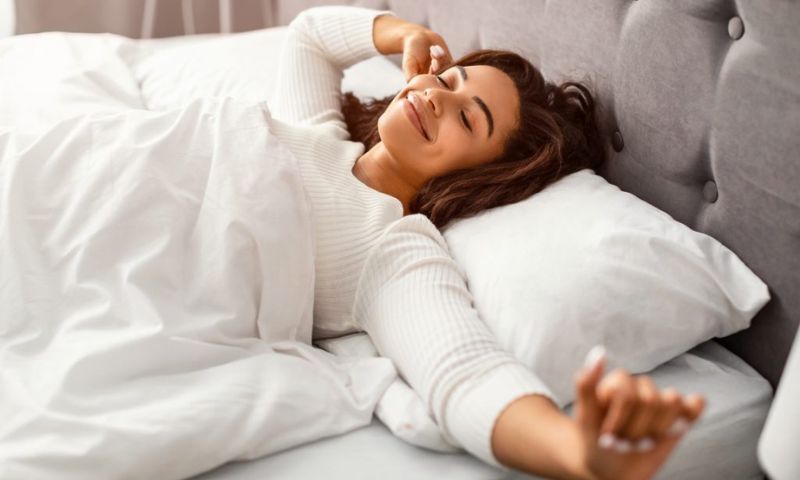SAN FRANCISCO: A recent study conducted by researchers at UC San Francisco has offered a new approach to help teenagers, particularly those grappling with depression, by addressing their sleep patterns. Sleep, often disturbed or irregular in adolescents dealing with depression, plays a critical role in their physical and mental well-being.
The research highlights the significance of fostering healthy sleep patterns in teenagers, especially “night owls” who tend to stay up late and wake up late, a behavior that may contribute to their increased susceptibility to depression within school systems.
Approximately 40% of teenagers report being night owls, but among those grappling with depression, the figure rises to 80%, according to the study’s findings.
The intervention developed during this study focused on assisting night owls in adjusting their sleep cycles to better align with their natural rhythms while still meeting their academic obligations.
Dr. Lauren Asarnow, a clinical psychologist at UCSF Health specializing in sleep health, emphasized the importance of this intervention: “A significant finding here is that there exists a subgroup of teenagers for whom addressing sleep is particularly crucial for improving depression symptoms. The other major finding is that they need to be able to lead lives more in harmony with their sleep-wake biology.”
Depression Analysis: It’s Biology, Not Laziness
Published in August in the Journal of Child Psychology and Psychiatry, the study analyzed data from 42 participants with clinical depression who were part of a larger study involving 176 night-owl adolescents. Researchers divided them into two groups: 24 adolescents received the Transdiagnostic Sleep and Circadian Intervention (TransS-C), while the remaining 18 attended educational sessions on maintaining a healthy lifestyle.
Throughout the study, participants kept sleep diaries, utilized sleep monitoring devices, and engaged in weekly 45-minute therapy sessions over eight weeks.
At the study’s outset, all teens scored at least 40 on the Children’s Depression Rating Scale, indicating significant depression. A score of 28 or lower suggests remission.
Six months after treatment, the intervention group’s average score had decreased to 21.67, compared to 32.5 for the group that received the healthy lifestyle intervention. At the 12-month mark, the intervention group scored an average of 24.97, while the control group scored 32.75.
Treatment for Depression and Anxiety
Following these encouraging findings, a larger-scale study on depression, funded by the National Institute of Mental Health, is set to enroll 200 Bay Area teenagers in the coming fall.
The research underscores that approximately 3 million adolescents experience at least one major depressive episode each year, with 40% showing no response to standard treatment methods. Furthermore, it suggests that teenagers with later sleep and wake times face a heightened risk of recurrent depression, severe depression, suicidality, and poor responses to antidepressant treatments.
Dr. Asarnow emphasized, “There is a saying in our psychology and psychiatry clinics that the best treatment for depression and anxiety is summer break. We need to stop labeling these kids as ‘lazy.’ Often, it’s simply a result of their biology. It’s not their fault.”























